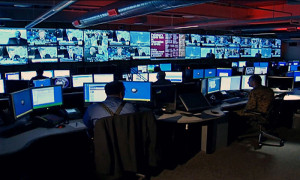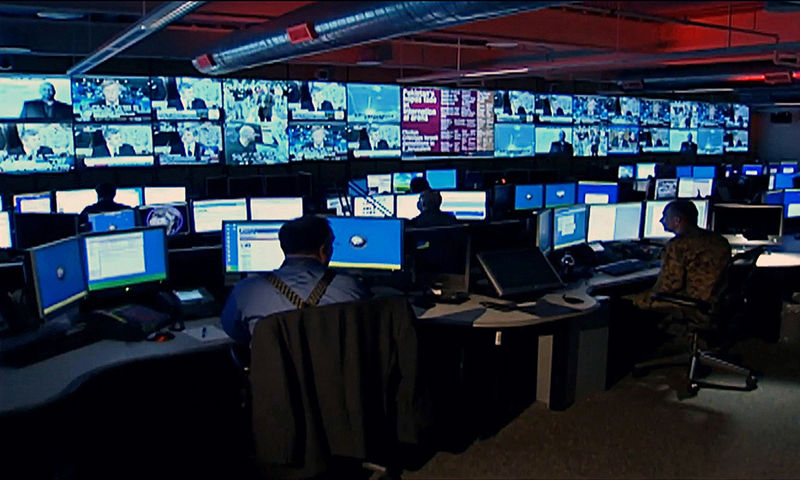
A person or group of people calling themselves the Cyber Caliphate posted videos and tweets on the official YouTube and Twitter accounts of the US Central Command. As a result the military’s official sites were shut down on Monday.
The hackers declared their support of the Islamic State and posted threatening messages to US soldiers and their families- at the very same moment that President Obama was giving a speech on cyber-security at the Federal Trade Commission.
The videos were vitriolic propaganda in support of the ideas of the Islamic State:
“We broke into your networks and personal devices and know everything about you,” the hackers said on Twitter. “We know everything about you, your wives and your children.” The Islamic State “is already here, we are in your PCs, in each military base,” they continued. “With Allah’s permission we are in CENTCOM now.”
Defense personnel at the Pentagon said that CENTCOM is now investigating the hack. Colonel Steve Warren, spokesman for CENTCOM said the Defense Department computer system was not hacked; only the popular social media sites YouTube and Twitter were compromised.
A spokesman for Twitter said that his company was working together with the Pentagon on an “account security issue.” He added that “verified government accounts have additional security requirements beyond unverified accounts.”
“We do not comment on individual accounts, for privacy and security reasons,” the spokesman said.
Press secretary for the White House Josh Earnest said that the hack was now under investigation. The FBI said they are also investigating the breach.
“There’s a significant difference between what is a large data breach and the hacking of a Twitter account,” he said,
referring to the debilitating hack last November of Sony Entertainment, which led to the release of embarrassing and private information.
Senator Jack Reed of Rhode Island, the leading Democrat on the Armed Services Committee, said it is not a simple thing to figure out who was behind Monday’s embarrassing hack.
“One of the lessons we’ve learned about these things is it’s not altogether obvious when these things happen where they’re coming from, how they get in,” he said.

